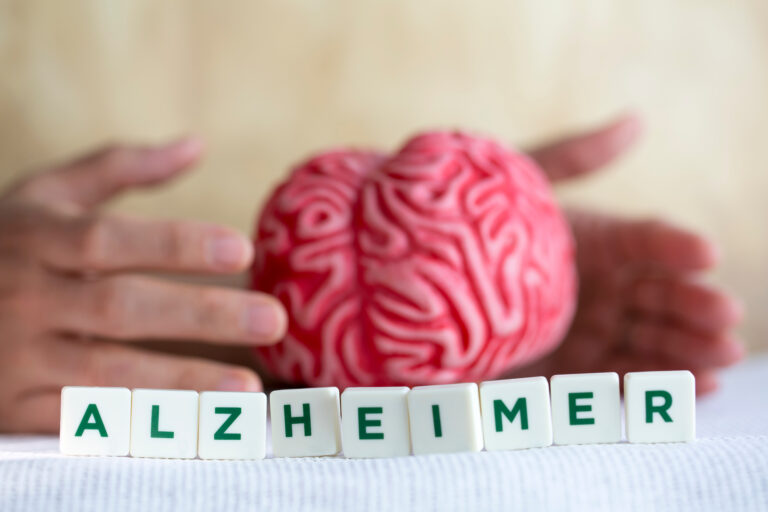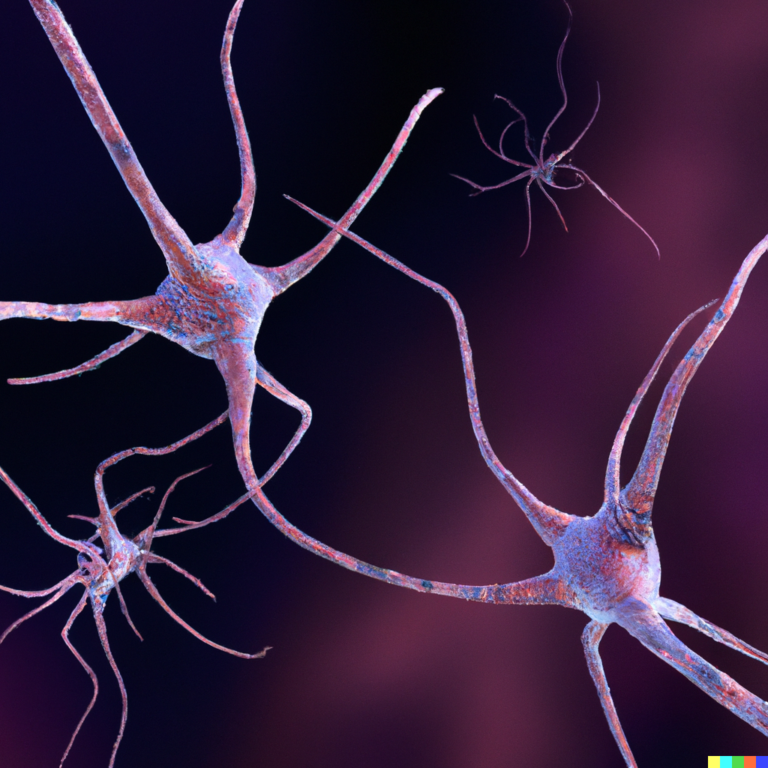Helping a dementia patient maintain a sense of independence is crucial for their dignity and quality of life. It involves creating a supportive environment, simplifying daily routines, and using technology to enhance their autonomy. Here are some strategies to help achieve this:
## Understanding the Importance of Independence
Independence is vital for anyone, especially for those with dementia. It helps them feel in control and boosts their self-esteem. Encouraging independence doesn’t mean leaving them to fend for themselves; rather, it’s about providing the right support and opportunities to do tasks they can manage.
## Creating a Safe Environment
A safe and supportive environment is essential for encouraging independence. This can be achieved by removing hazards such as loose rugs, installing grab bars in bathrooms, and ensuring pathways are well lit. Organizing personal spaces so everyday items are easy to find and access can also help. Labeling drawers and cupboards with pictures or words can make it easier for them to locate things.
## Simplifying Daily Routines
Routines provide structure and predictability, which can be comforting for those with dementia. Simplifying daily routines and breaking them into manageable steps can help them participate more actively. For example, when dressing, lay out clothes in the order they should be put on or use visual aids to guide them through each step. Encourage the use of checklists for tasks like brushing teeth or making breakfast, which can help them stay focused and reduce confusion.
## Using Assistive Technology
Technology can play a significant role in supporting independence. Devices such as medication reminders, GPS trackers, and smart home systems can help manage daily tasks and enhance safety. Tablets and smartphones with user-friendly interfaces can be used for communication and entertainment, keeping them connected with family and friends. Training them to use these technologies may take time, but the benefits of sustained engagement and autonomy are worth the effort.
## Encouraging Participation
Encourage them to participate in simple activities, such as setting the table, folding laundry, or organizing objects around the house. These activities promote a sense of accomplishment and self-worth. When communicating, help them express themselves as much as they are able. If they have difficulty finding the right words, offer gentle prompts or choices to guide the conversation.
## Maintaining Relationships and Communication
Dementia can affect relationships, but maintaining positive and caring relationships is crucial for their mental and physical wellbeing. Communication is an important part of any relationship, so it’s essential to be patient and empathetic. Focus on what they can still do, rather than on what they can’t, to help them maintain some independence. Engaging in activities together, such as looking through photos or watching films, can help maintain a close and meaningful relationship.
By implementing these strategies, you can help a dementia patient maintain a sense of independence and improve their overall quality of life.





